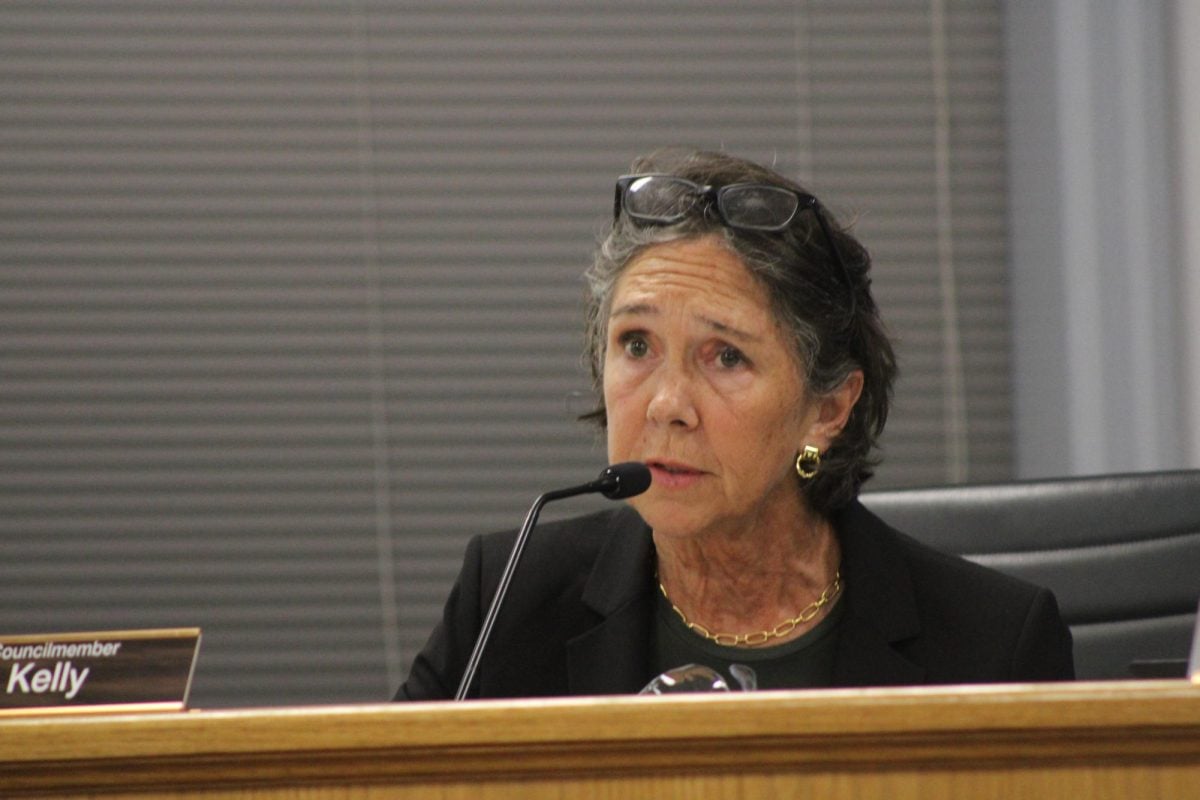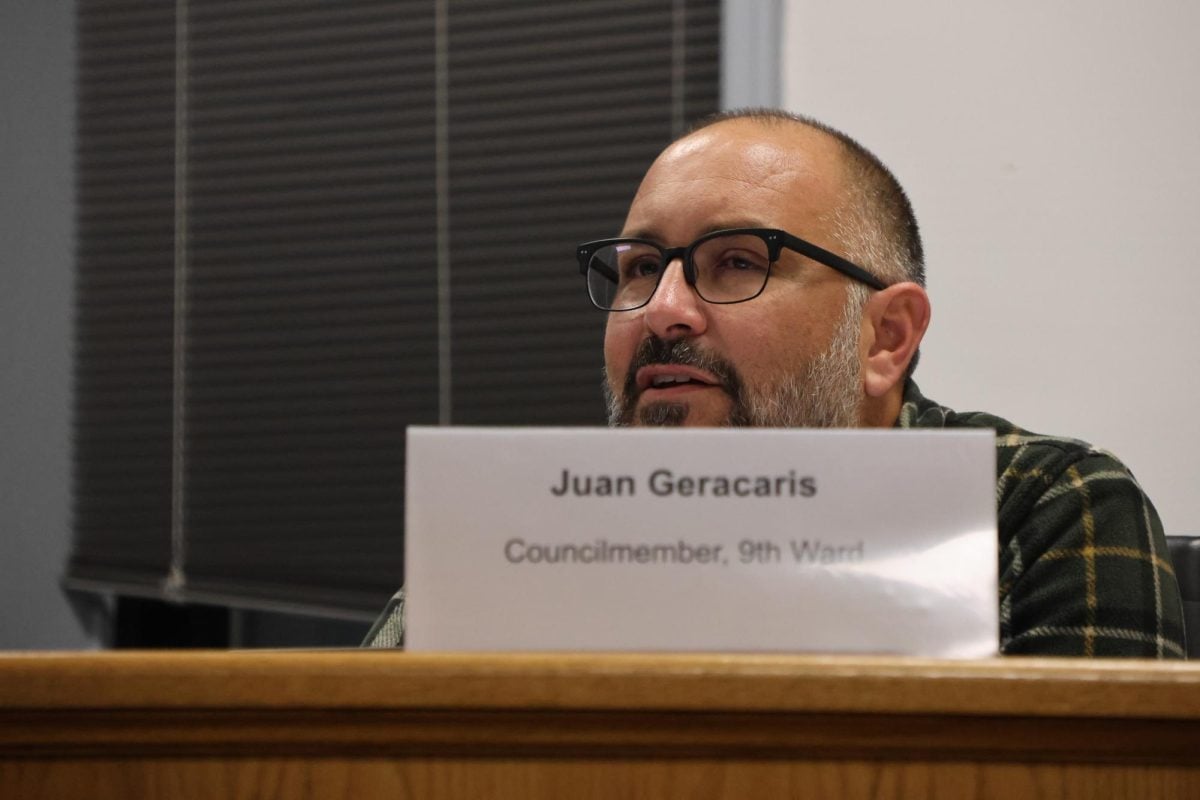Evanston City Council voted Monday on the budget for the 2013 fiscal year and briefly discussed future changes to the city’s controversial over-occupancy law.
After a brief discussion on an amendment to Evanston’s 2013 budget, aldermen voted unanimously to approve the budget for the next fiscal year. Ald. Jane Grover (7th) introduced an amendment, which also passed. The new budget will reflect funding model changes, shifting some financial responsibilities from the city’s economic development plan onto the downtown TIF districts.
The proposed amendment would move $113,000 that was originally going to be drawn from the economic development fund and take it from the Washington TIF fund instead. The amendment was approved 7-2, with Alds. Judy Fiske (1st) and Delores Holmes (5th) dissenting.
During discussion, Grover explained that the amendment was drafted because city officials knew they had a sufficient funds available in the Washington TIF funds to cover the financial burden. They felt the economic development fund would be less equipped to do so. Holmes expressed concern to the council about the amendment’s potential to unfairly burden the downtown districts.
As the meeting reached its close, Ald. Don Wilson (4th) brought up the possibility of changing the city’s controversial over-occupancy law. Popularly known as the “brothel law” among Northwestern students, the ordinance currently prohibits more than three unrelated people from living in the same unit.
The ordinance has been on the books since the 1960s and has put a considerable burden on NU students living off campus, some of whom will omit housemate names from rental agreements if they exceed three occupants to avoid retaliation from the city. Controversy over the law erupted in January 2011 after city officials said they would begin actively enforcing the law the following summer. The city backed down after student backlash, but tensions remain.
Wilson said he is trying to gather perspectives of property owners, residents and members of the University to develop a more workable solution. His proposal will likely change the three-person limit to a maximum of four to six. City manager Wally Bobkiewicz announced the issue would come up before council on Jan. 14, 2013.
“I think that the law originally came about due to concerns that single family homes might have something like 10 people in them,” he said.
But because the current ordinance, last modified in 1993, has become so restrictive, Wilson said he wanted to focus on the nature of the building and its potential capacity in his reforms, instead of limiting occupancy to a definite number.
“I’m hopeful that things will move quickly,” Wilson said of changing the law. There has been no serious opposition so far, he said, adding that he would continue to work toward an ordinance that suits everyone’s needs as best as possible.


















